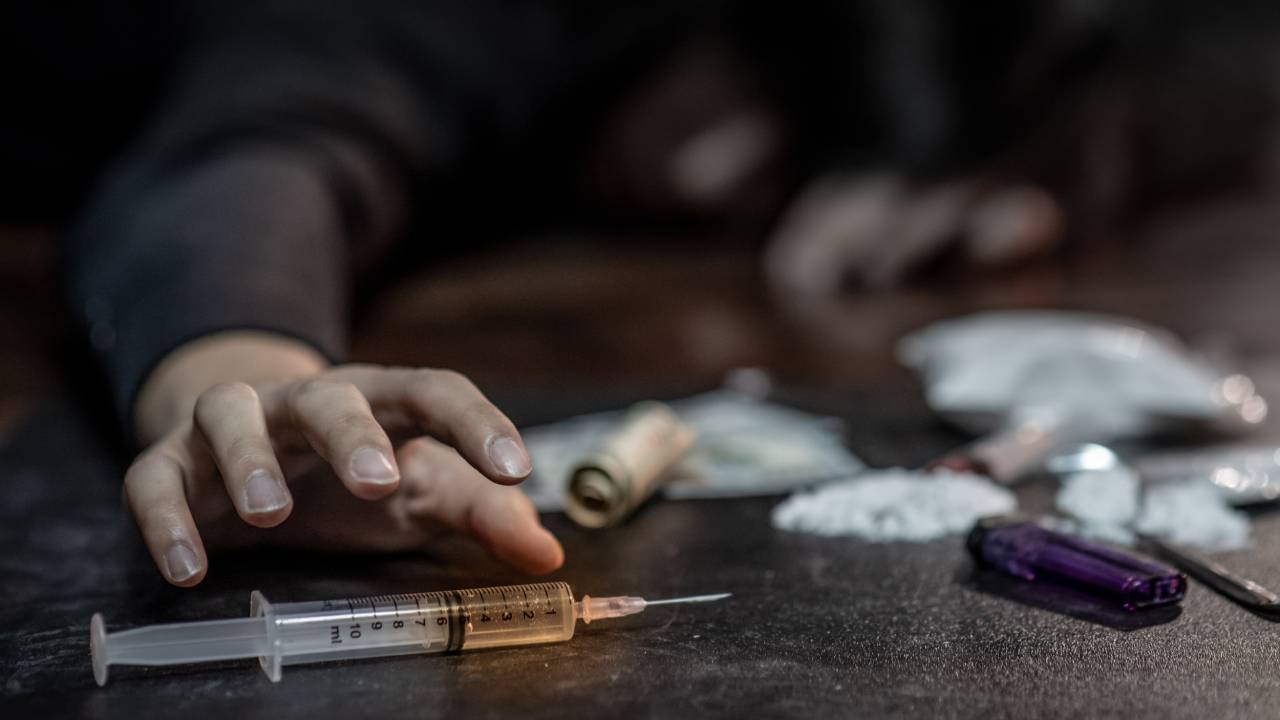

Addiction comes in different forms, which include drug and tobacco abuse. Recovery from a harmful habit may seem challenging, but you should know that you’re not alone in this journey of healing. A mental health clinic can help you heal both mentally and physically. Here are some ways mental health centers can assist you while you walk the path to a complete recovery from addiction.


Table of Contents
First, congratulate yourself for deciding to take the initiative for a healthier lifestyle. After all, the path to healing from addiction starts with a single step. Choosing to undertake therapeutic care might be tough. But, committing to that decision takes you one step closer to the ultimate goal of eliminating all harmful habits from your system.
Still, the path to a complete recovery from addiction isn’t necessarily straightforward. You may encounter several bumps on the road, and some of these instances may trigger you to attempt to go back to your past addictive behaviors.
The result is a battle with oneself, and this scenario causes unwanted pressure on your mental stability. An established mental health clinic in Trappe PA can guide you to avoid these triggers and manage stress at the same time.
Stress is an inevitable component of recovering from addiction. Still, if you find it challenging to go through the pressures of pursuing a complete recovery. Then consider asking for professional psychological assistance.
Several people turn to substance abuse for temporary relief. The calming effects of these harmful substances can help disguise painful emotions and memories, albeit for the short-term. But, after the impact of the substances dissipates, the feelings of anxiety, depression, and loneliness come crawling back.
Professional mental help from a reliable mental health clinic can help you cope with these unpleasant feelings. Therapists can help pinpoint the source of your troubles, and tell you that there’s a better life ahead of you.
In turn, you should find no need to turn to substance abuse as the pain and suffering of past encounters disappears from your system. However, bear in mind that recovery from addiction may not happen overnight.
Remain prudent and be diligent in going to each therapeutic session. You should see short- and long-term positive results from each gathering.
Addiction triggers are emotional, environmental, or social scenarios that remind the body and mind about the “joys” of engaging in addictive behaviors. For example, seeing a glass of water might remind you of your past alcohol-drinking habits.
If you’re coping with a substance abuse problem, you should know the signs when your psychological issues might flare-up. Some common causes include sudden life changes, unhealthy eating patterns, irregular sleeping behaviors, and other stressful events.
Your therapist from a trustworthy mental health center can help you identify these triggers. Furthermore, the professional can suggest methods on how you can avoid these triggers in different settings and events.
For instance, if you go back to the previous example, try to put a label on your glass that says, “Water”. The act might seem relatively straightforward, but the label should always remind you that you’re still going to drink water. This technique helps your brain accept the idea that the liquid in the glass is, indeed, water instead of alcohol.
Sometimes people isolate themselves when under the influence of addiction. Consuming alcohol, drugs, and tobacco in excessive amounts may tell the mind that you don’t need anyone in your life.
But, positive emotional connections are vital to helping calm the nervous system, especially when your aim is to head towards a complete recovery. One way to start forming new relationships is by talking to your therapist.
Meet with the professional psychological aide frequently. Also bear in mind that the expert will always be there when you need help or if you want someone to listen to your problems.
Furthermore, your therapist can also help rekindle the sparks of your past relationships with family and friends that were ruined because of your addiction. Take note, it’s never too late to meet new people and develop meaningful relationships, even if these connections had once been lost.
There’s no shame in seeking help for a psychological disorder. Visit a professional in a reliable mental health clinic if you want to start recovering from substance abuse and other addictive habits. Here, your therapist can help you initiate and maintain meaningful relationships, identify addiction triggers, and manage stress levels to assist you in walking the path to a complete and meaningful recovery.
In the relentless pursuit of entrepreneurial success, it’s easy to overlook the most vital asset—yourself.… Read More
A barrel sauna isn’t just a visually striking wellness addition—it’s an efficient and highly functional… Read More
Technology is an integral part of most teenagers' lives today. While devices and social media… Read More
LASIK is one of the most popular vision correction surgeries that offers you freedom from… Read More
Plumbing issues can arise unexpectedly, and understanding the costs involved is crucial for homeowners and… Read More
Skin aging is often associated with external factors like sun exposure and pollution, but inflammation… Read More